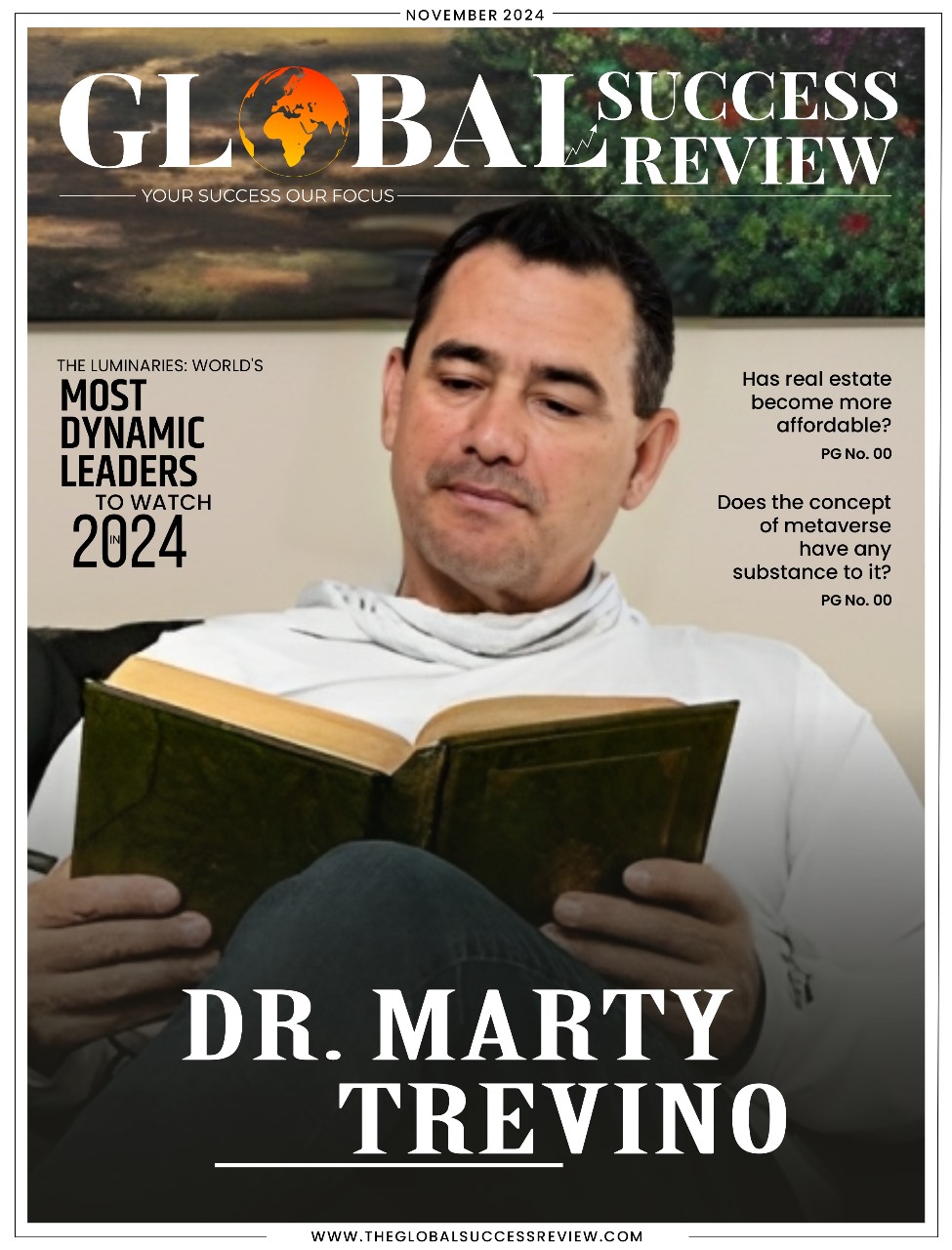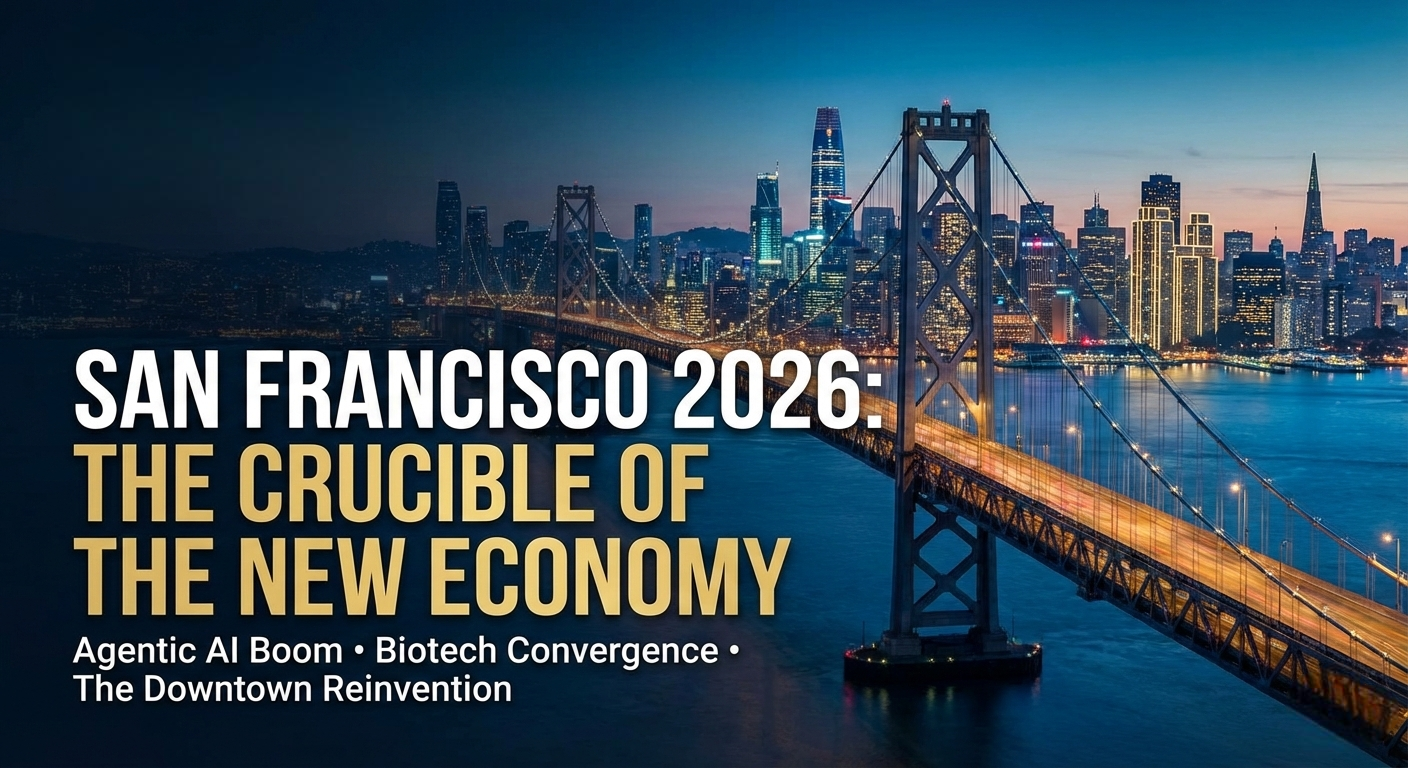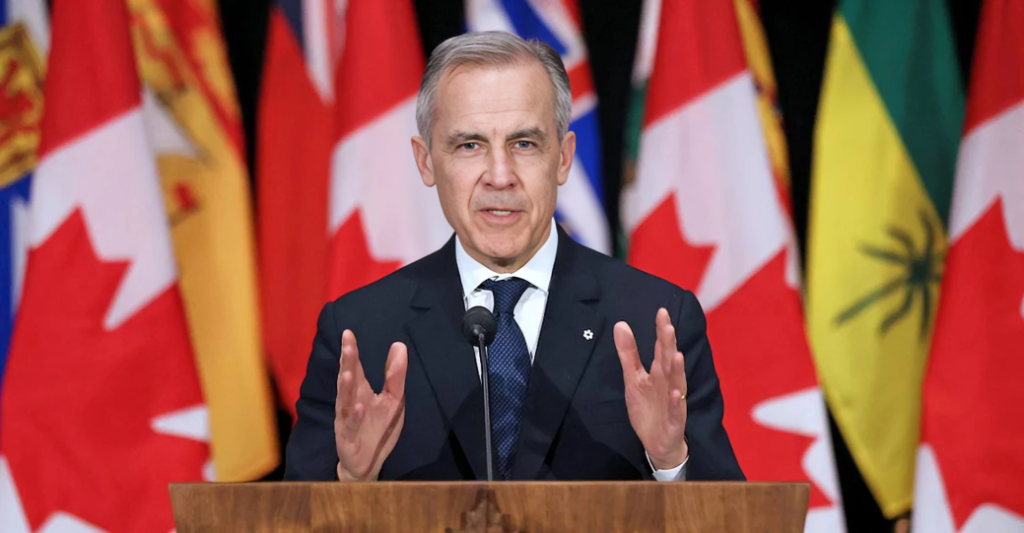In a bold move to strengthen Canada’s economic autonomy and resilience, Prime Minister Mark Carney announced plans to expedite the approval of large-scale infrastructure projects, positioning the country to withstand mounting tariff pressure from the United States under the renewed leadership of President Donald Trump.
Speaking after his first meeting with Canada’s provincial and territorial leaders since securing a federal election victory in April, Carney outlined a sweeping economic vision centered on “nation-building” initiatives. These include projects such as pipelines, nuclear reactors, clean energy corridors, highways, railways, and critical Arctic infrastructure. The goal is to ensure projects of national significance are greenlit within two years, a dramatic shift from Canada’s historically slower regulatory processes.
“This meeting demonstrated how we can give ourselves far more than any foreign government can take away,” Carney stated, addressing reporters following what Ontario Premier Doug Ford described as “the best meeting in a decade.”
A Strategic Response to U.S. Tariffs
The announcement follows President Trump’s decision to impose and increase tariffs on Canadian steel, aluminum, and the auto sector, with steel and aluminum duties set to double to 50%. Carney criticized the measures as “unjustified and unlawful” and signaled a diplomatic path forward, noting that Dominic LeBlanc, Canada’s Minister for U.S.-Canada Trade, would travel to Washington to resume talks.
In parallel, Carney’s government is pursuing economic diversification and long-term infrastructure growth to lessen the country’s dependence on a single trading partner. The national projects are intended to expand Canada’s trade access, boost domestic industrial capacity, enhance energy independence, and solidify sovereignty in critical regions, especially the Arctic.
Defining Projects of National Interest
According to Carney, these initiatives must meet specific criteria, including:
- Delivering undeniable economic benefits
- Having a high probability of successful completion
- Being environmentally sustainable
- Reflecting the priorities of Indigenous communities
Projects may be proposed by either provincial governments or private sector stakeholders, and must align with Canada’s vision of a clean, secure, and forward-looking economy.
“From electric transmission lines to Arctic ports, we are building not just for today, but for the generations ahead,” Carney added.
Collaborative Momentum with Provincial Leaders
Despite political differences, premiers across Canada showed a rare display of unity during the Saskatoon summit. Alberta Premier Danielle Smith, a vocal critic of former Prime Minister Justin Trudeau, said she was “encouraged” by Carney’s agenda. Ontario’s Ford praised the level of collaboration across the board.
While optimism is high, key questions remain, especially regarding the approval process for contentious projects like oil and gas pipelines and the depth of Indigenous consultation. First Nations leaders have voiced concerns about the potential for their land and water rights to be overlooked, urging the government to ensure meaningful participation in decision-making.
At Global Success Review Magazine, we continue to monitor the evolving landscape of global economic policy, national leadership, and cross-border trade, highlighting how strategic decisions today will define success for the economies of tomorrow.



















